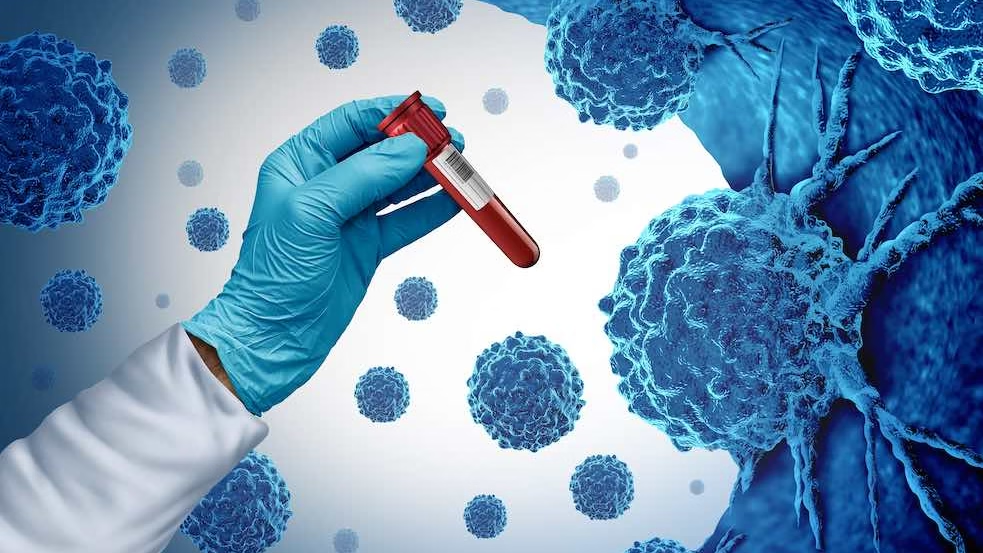
Early cancer detection can increase the success of treatment and survival. Traditionally, cancer diagnosis has relied on scans, tissue biopsy, and physical symptoms. However, the recent advancement in medical science has introduced a better method.
Early cancer detection through a blood test, also known as a blood biopsy, which is a blood test that detects cancer-related materials circulating in the bloodstream. These materials include: Circulating tumor DNA, Circulating tumor cells, exosomes, or tumor-derived proteins. When cancer cells die, they release fragments of their DNA into the blood. Liquid biopsies analyze these fragments to detect the presence of cancer.
Liquid biopsy works when a patient’s blood sample is examined in the laboratory for genetic materials, changes in DNA methylation patterns, and other biomarkers linked to cancer. Some blood tests can identify the type of cancer and its location in the body. Advances in Artificial Intelligence have made these tests more accurate and capable and capable of identifying multiple types of cancer at once.
This early cancer detection through blood test has a lot of significance: It gives earlier Diagnosis where blood tests can detect signs of cancer within months or even years before symptoms develop, which is crucial for cancers like pancreatic, ovarian, or lung cancer that are often diagnosed. It also does multi-cancer detection, such as that developed by companies like GRAIL can screen for more than 50 types of cancer in one go. It also reduces healthcare costs by leading to less aggressive treatment and shorter hospital stays, reducing the overall cost of care.
Despite its benefits, blood-based cancer detection is not without challenge. It has the risk of false positives or false negatives. A false positive might cause unnecessary anxiety, while a false negative might delay crucial treatment. Additionally, liquid biopsy tests are still not universally accessible. They are expensive and not yet part of routine screening in many healthcare systems. Furthermore, while they work well for certain cancers, they are less effective in detecting very early-stage cancers.
In current developments and research, several companies and research institutions are working to improve the accuracy and availability of early cancer detection through blood tests. The Galleri test by GRAIL, for instance undergone clinical trials with promising results showing the ability to detect multiple cancers with high specificity.
Similarly, biotech firms like Guardant Health and Foundation Medicine are developing precision oncology tools using blood-based testing. Governments and health organizations are beginning to recognize the potential of these tests. The U.S National Cancer Institute and other agencies worldwide are funding studies to assess how well their tests can be used in mass screening programmes.


—
Grateful for the opportunity to shed light on how early cancer detection through a simple blood test can save lives. I hope this story sparks more awareness, conversation, and investment in accessible health solutions. Thank you to everyone who read, shared, and continues to
support health journalism.